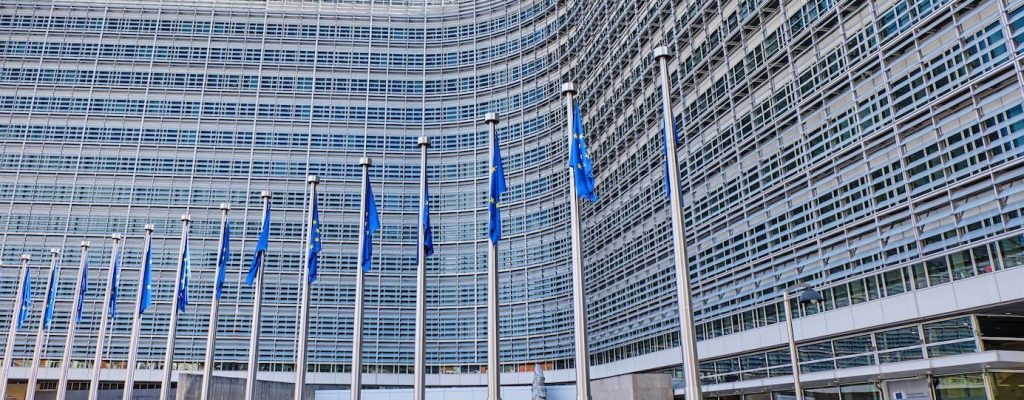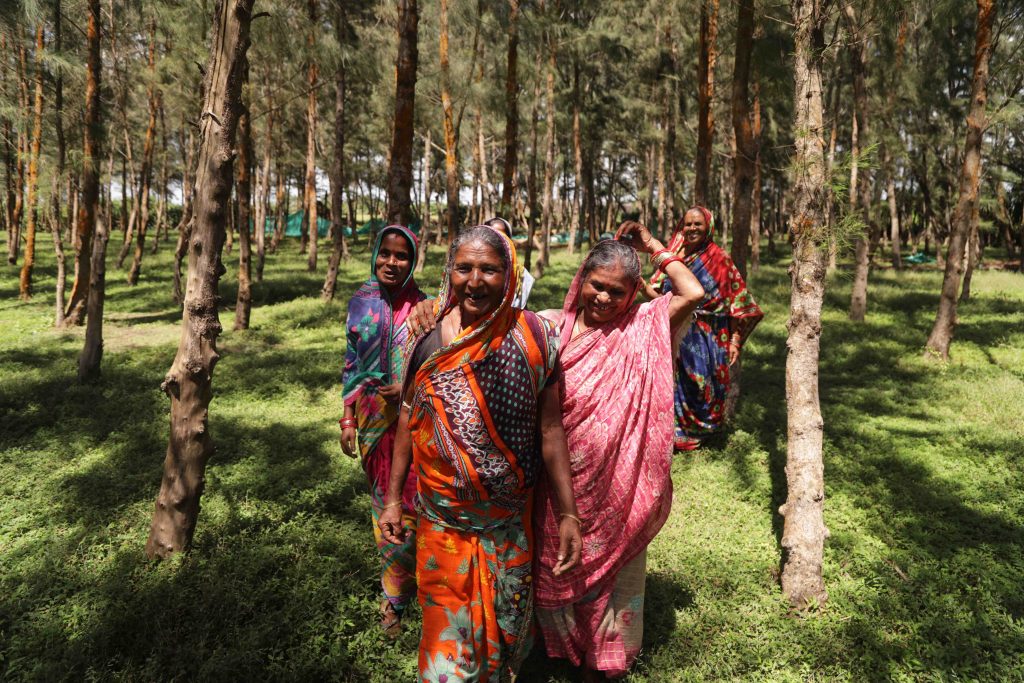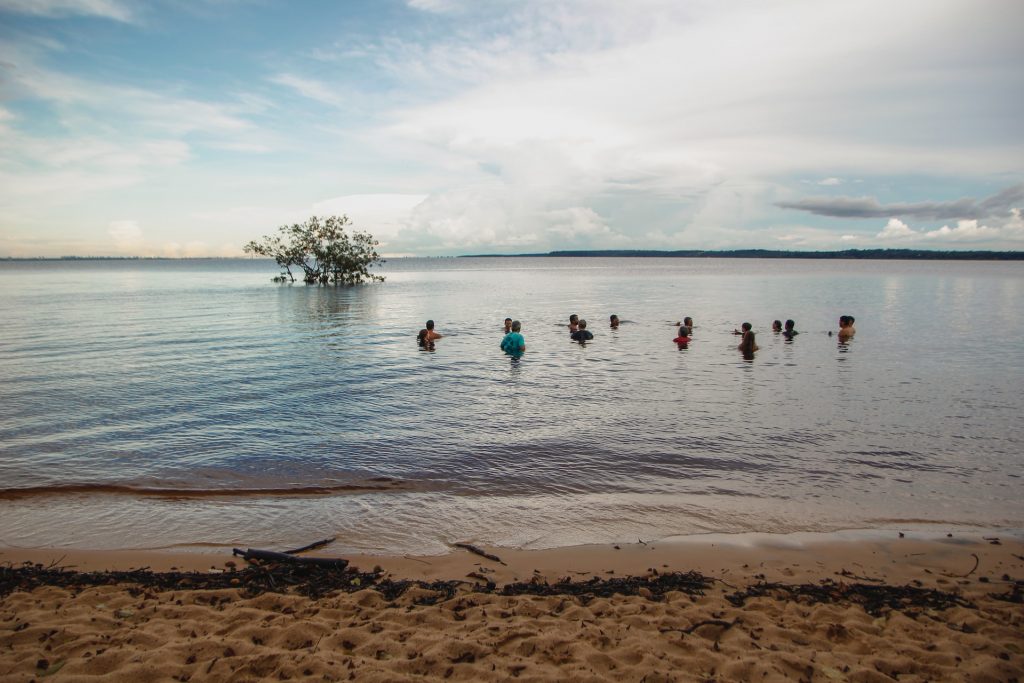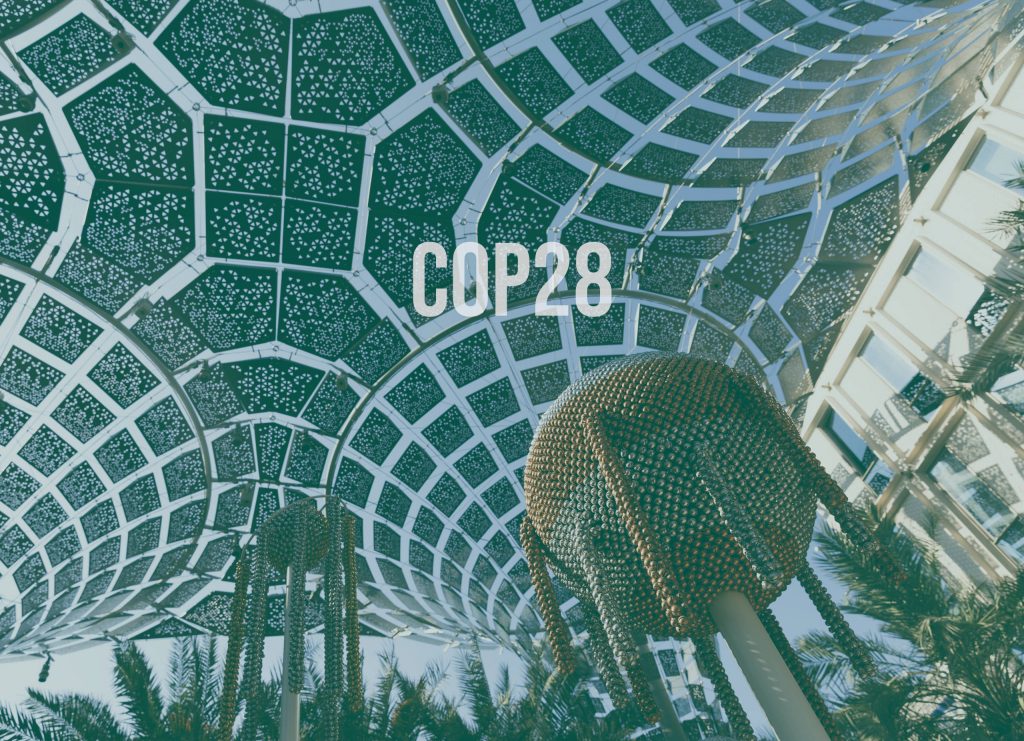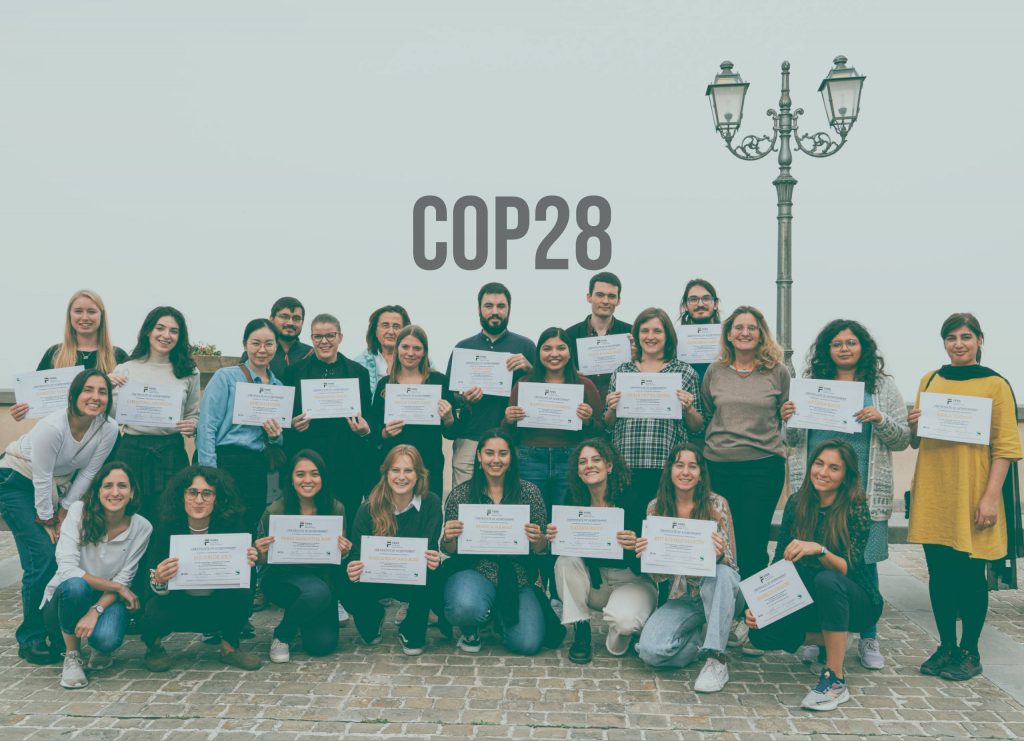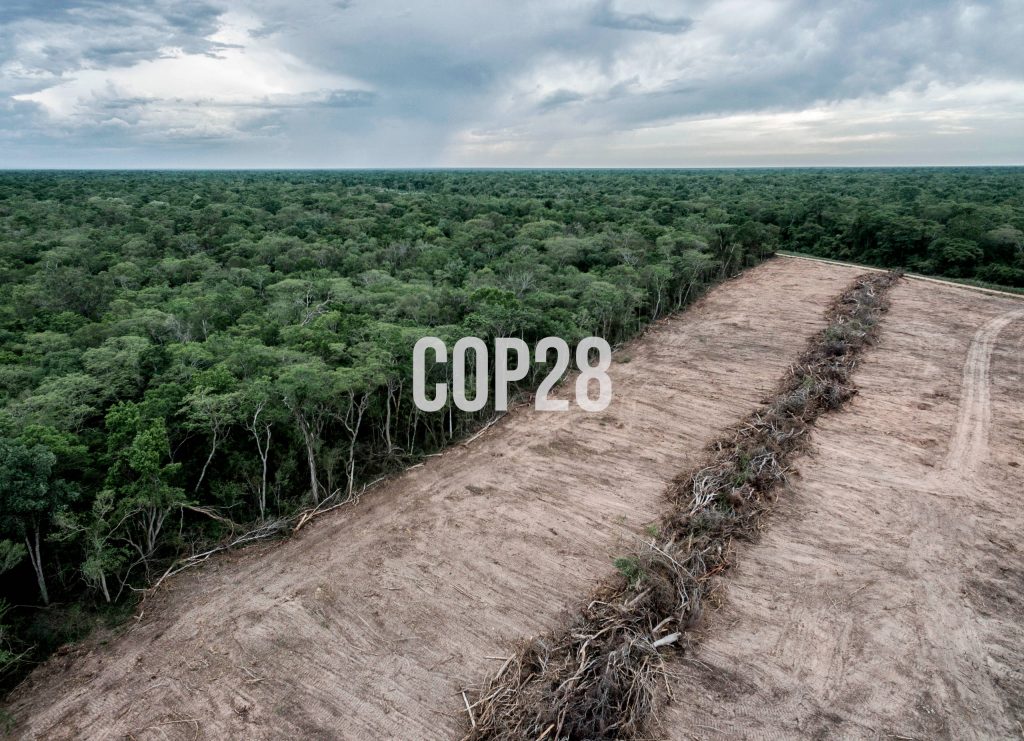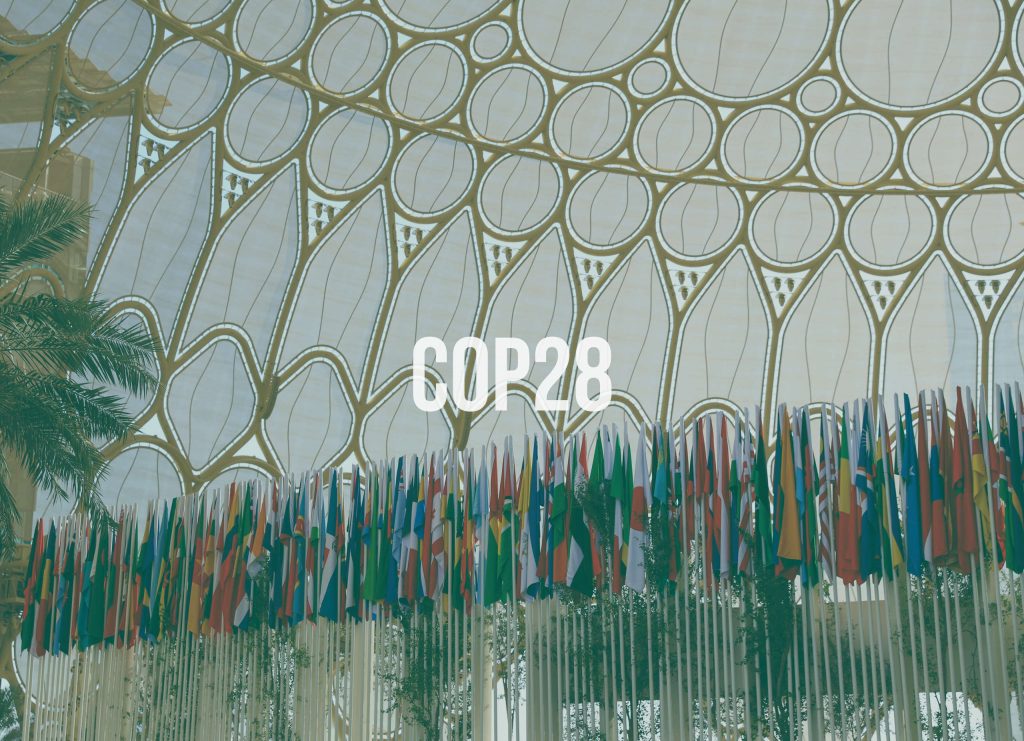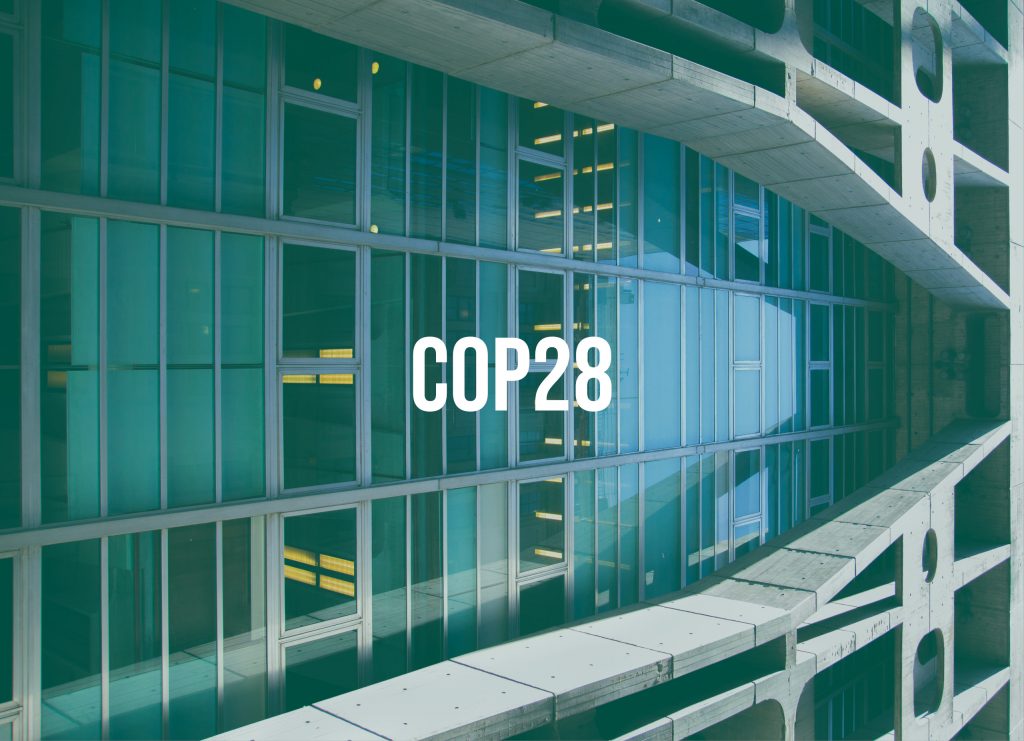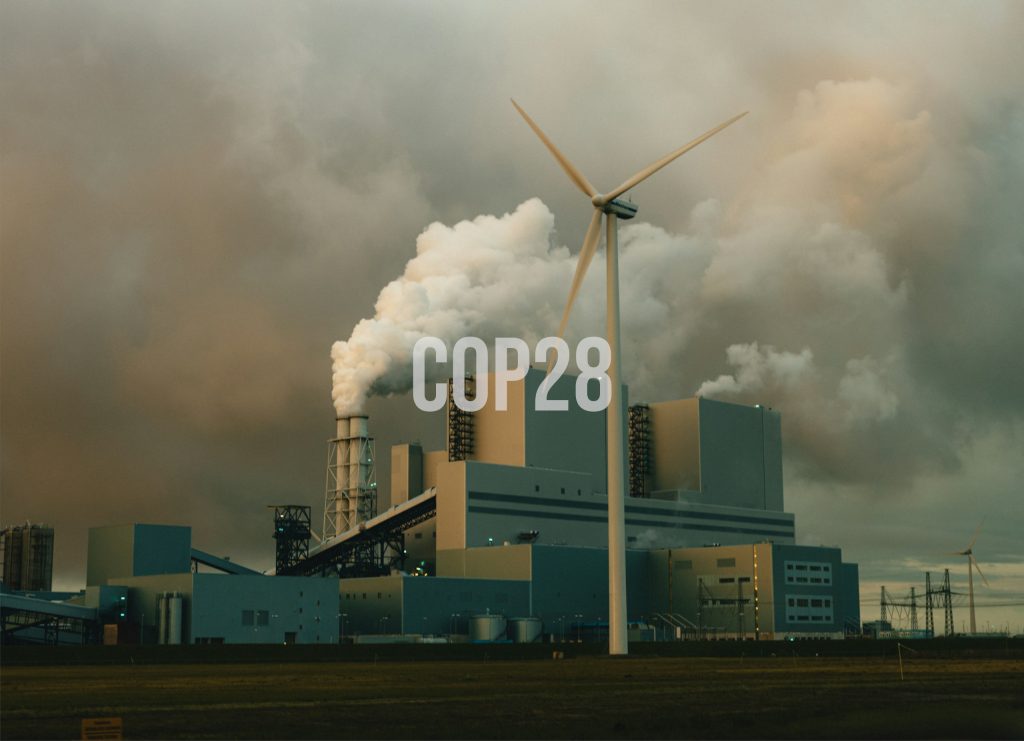
More comfort, less carbon: Climate resilient housing in the Global South
The Global South is both home to over 75% of the world’s urban population and at the same time urbanizing faster than anywhere else in the world. “Building low carbon, climate resilient and affordable housing is therefore a priority if we are to meet climate goals in these areas,” says Building Science expert and Professor at Hiroshima University, Tetsu Kubota.

